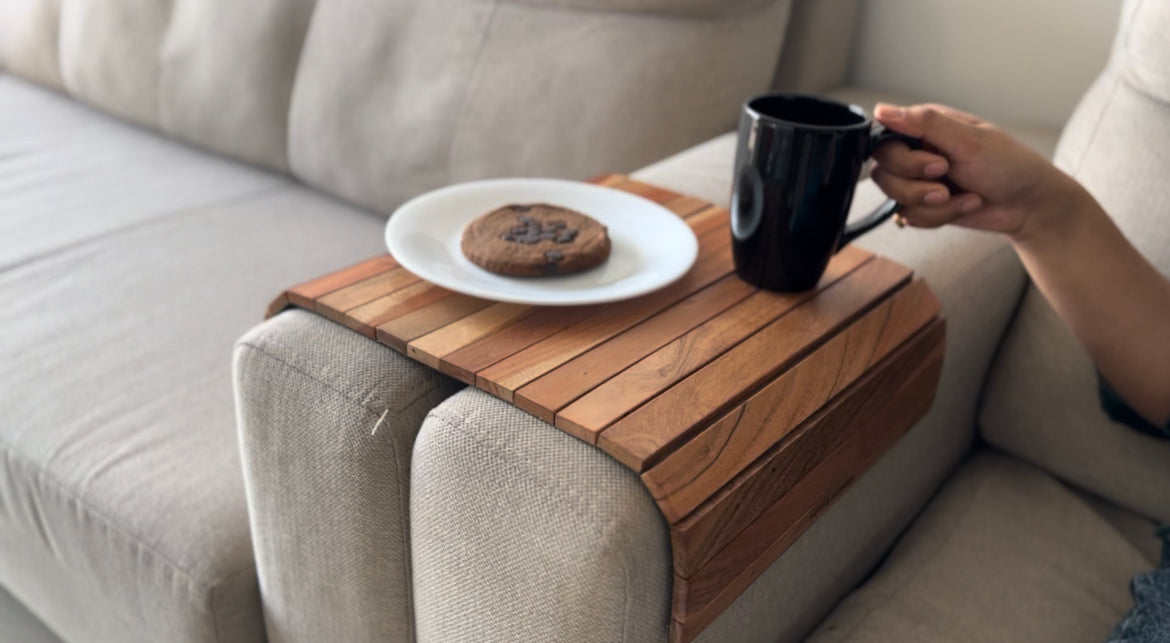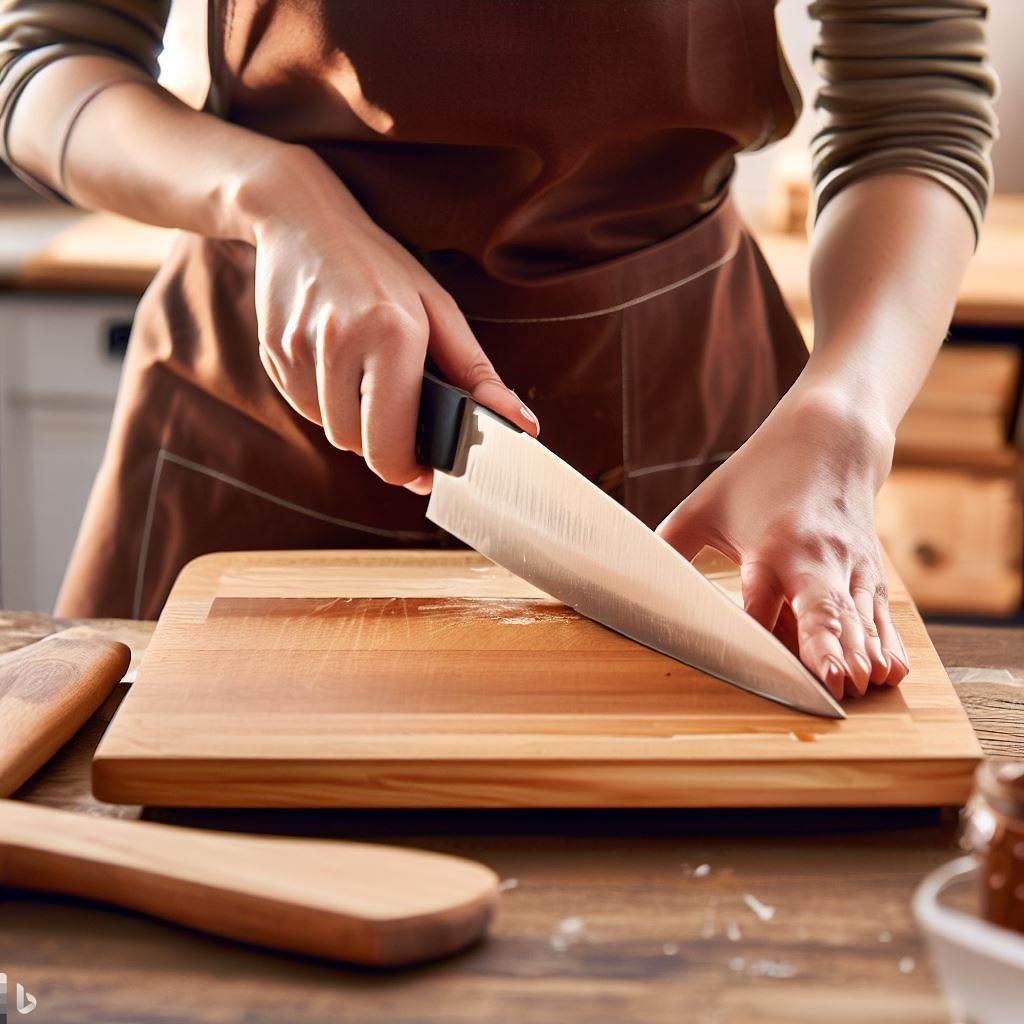If you're an avid cook or food enthusiast, you likely understand the importance of a reliable chopping board in your kitchen arsenal. But when it comes to choosing between plastic and wooden cutting boards, the decision might not be as clear-cut as you think. While plastic boards may seem practical and convenient, wooden chopping boards offer several advantages that make them a superior choice for both culinary and environmental reasons.

Knife Marks on plastic chopping board is the breeding ground for bacterias
First and foremost, wooden chopping boards are more hygienic compared to plastic boards. Studies have shown that wood has natural antibacterial properties, with its porous surface trapping and killing bacteria that can cause foodborne illnesses. In contrast, plastic boards tend to develop deep grooves and cuts during use, providing a breeding ground for harmful bacteria to thrive, even after thorough cleaning. Wooden boards can be easily cleaned with warm, soapy water, and periodic oiling can help maintain their condition, ensuring a safe and sanitary food preparation surface.
Another significant advantage of wooden cutting boards is their durability. High-quality wooden boards, such as those made from hardwoods like maple or acacia, are highly resilient and resistant to knife marks and scratches. They are less likely to develop deep grooves that can harbor bacteria and can last for many years, making them a long-term investment in your kitchen. On the other hand, plastic boards are prone to knife marks, which can quickly degrade their surface, making them less durable and needing frequent replacements.
Wooden chopping board is also eco-friendly compared to plastic board. Plastic is derived from non-renewable resources and is notorious for its negative impact on the environment. Plastic boards are not biodegradable and can contribute to plastic pollution when they eventually end up in landfills. In contrast, wooden boards are made from a renewable and sustainable resource, as trees can be replanted and harvested responsibly. Wooden boards are also biodegradable and can be composted, minimizing their environmental footprint.

Wooden chopping board used as serving platter
In addition to their functional benefits, wooden chopping boards also add a touch of natural beauty and warmth to your kitchen. They come in a variety of attractive grains and colors, which can enhance the aesthetics of your culinary space. Wooden boards can also double up as serving platters, perfect for presenting cheese, fruits, or other appetizers when hosting guests.
In conclusion, when it comes to choosing between plastic and wooden chopping boards, the latter clearly emerges as the better option. Wooden boards are more hygienic, durable, and environmentally friendly, making them a wise choice for any discerning cook or environmentally conscious individual. Investing in a high-quality wooden chopping board not only enhances your culinary experience but also promotes sustainability and responsible kitchen practices. So, say goodbye to plastic and opt for the timeless appeal and practical benefits of a wooden chopping board in your kitchen today!

